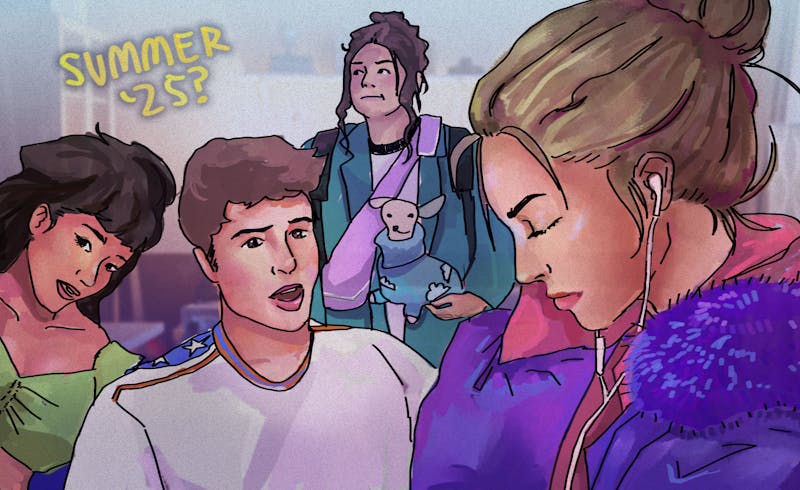Summer 2025 Unfiltered: The Media Moments That Defined a Generation

Summer 2025: Reflecting on the Infamous "Summer of Nothing"
As the warm days fade and autumn approaches, cultural critics and social commentators are looking back at what many have dubbed the "summer of nothing" - a season that seemed to blur the lines between cultural anticipation and collective ennui.
What made this particular summer so unique was its paradoxical nature. Despite the abundance of media content and entertainment options, there was a pervasive sense of cultural stagnation. Streaming platforms, social media, and entertainment industries seemed to struggle to capture the public's imagination in the way summers past had so effortlessly done.
From lackluster blockbuster releases to recycled streaming content, the summer of 2025 appeared to represent a turning point in how we consume and interact with media. Was this a momentary lull, or a deeper reflection of changing entertainment landscapes?
Join us as we dissect the defining moments, the missed opportunities, and the subtle cultural shifts that made the Summer of 2025 a fascinating study in media and collective experience.








